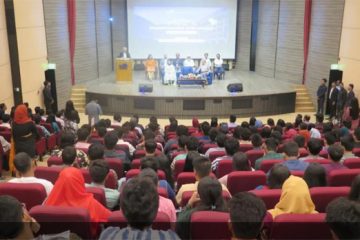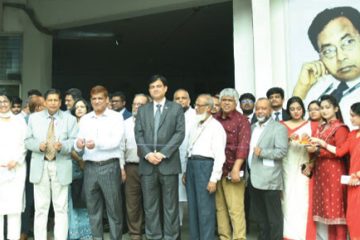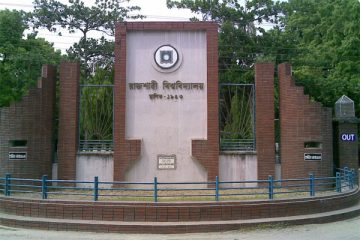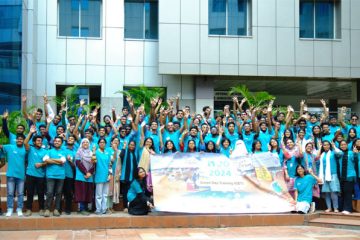Little has been done to face the aftermath of an earthquake, food and disaster minister Abdur Razzak said Monday.
Experts identified approximately, 250,000 buildings in the three major cities of Dhaka, Chittagong and Sylhet as extremely vulnerable to quakes.
An earthquake of a magnitude of six on the Richter scale could cause massive destructions, the minister said inaugurating an international conference on management of complex emergencies in Dhaka.
Bangladesh Institute of Peace and Security Studies organised the two-day conference with support from International Committee on the Red Cross and the Switzerland embassy in Dhaka.
Experts of Bangladesh, China, India, Nepal, Pakistan, Singapore and Sri Lanka are attending the conference at a city hotel.
Abdur Razzak said that Bangladesh was also facing the risk of tsunami that could be prompted by quakes in the Bay of Bengal.
He said that it could generate quakes of a magnitude of over seven on the Richter scale to seriously affect the country.
But, he said, ‘little has been done’ by way of preparedness against possible quakes.
According to a UN study done in 1999, Dhaka is the world’s most earthquake vulnerable city followed by Tehran.
A survey conducted under Comprehensive Disaster Management Programme or CDMP last year identified 142,000 out of 180,000 buildings in Chittagong; 24,000 out of 52,000 in Sylhet; and 78,000 out of 326,000 buildings in Dhaka as ‘vulnerable’.
The minister called for forming strong regional and international networks as it would be quite difficult for Bangladesh to face a disaster like quake alone.
He, however, said that the government had taken steps to make the Secretariat and the Dhaka Medical College Hospital safe in case a quake hit.
He also said that eight 4-storeyed to 20-storeyed buildings in the Secretariat could accommodate most of the ministries.
But several buildings built over 60 years ago have been marked vulnerable to earthquakes, said experts.
The DMCH buildings were also built more than 60 years ago, they said.
The minister said that the government bought equipment worth about Tk 70 crore to tackle the disaster.
BIPSS president ANM Muniruzzaman, Swiss ambassador Urs Herren, head of delegation of ICRC Dhaka office Christoph Vogt, of Quaid-i-Azam University teacher in Islamabad Salma Malik, Chaminda Hettiarachchi of Colombo-based Regional Centre for Strategic Studies and retired army officers Shafaat Ahmed of Bangladesh and Dilip Rana of Nepal spoke at different sessions on the first day.




















